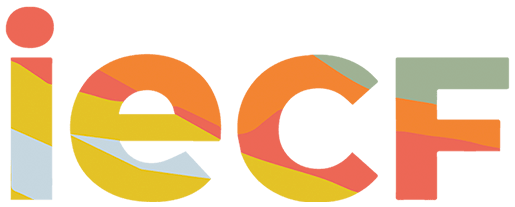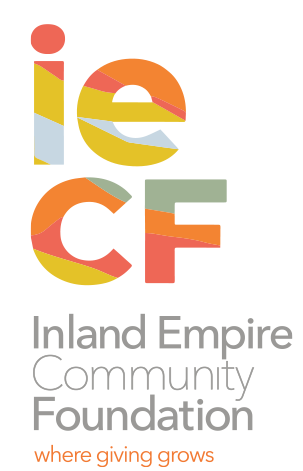BUILDING AN
EQUITABLE IE

IECF promotes giving around five pillars
Building on the success of our Signature Funds, IECF is taking a longer look at building a Culture of Philanthropy in the IE, matching donor passions to nonprofit organizations’ needs and innovations and applying our knowledge of the IE to affect policy and scale solutions.
We know that how we work can be as important as what we work on. IECF has gathered information from more than 40 nonprofit partners and plans more conversations this year.
IECF is focused on five pillars based on a policy scan completed with 35 nonprofits in 2020:
1. Inclusive Economic Development
2. Educational Equity
3. Climate and Environment
4. Health
5. Housing and Homelessness
Many areas of under-investment and injustice exist in how people in the IE experience these pillars, especially when we apply a racial, gender, and geographic equity lens. There are also tremendous opportunities for innovation and change within each pillar to meet real needs for families in the IE, and more importantly, they are all connected — education affects the jobs a person can access, housing affects health, and so on.
Whether people feel like they belong to and are valued for their experience, and whether they can take action on their own and their communities’ behalf, appears at the root of many problems in America. How do we heal this sense of dislocation and alienation? How do we come together and see our humanity rather than our positions and ideologies? We believe that to make lasting change, people must be at the heart of our planning, increasing the trust, belonging, and power that they experience daily. If we ensure that progress is rooted in the values of inclusivity, social justice, and active citizenship, we will make progress.
Our nonprofit partners are design partners, ensuring IECF’s work affects the region’s critical issues. Connecting to regional efforts aligned with the pillars and strengthening collaboration are key to advancing our work. We look forward to engaging you in this process, adopting strategies and raising resources for the IE’s Culture of Philanthropy.
State invests $5 million in equitable growth and opportunity in the IE
The Inland Empire is receiving a major boost from the Community Economic Resilience Fund (CERF), a new state initiative supporting innovation in diversifying local economies and developing sustainable industries that create good-paying, broadly accessible jobs.
The three organizations spearheading the CERF program locally — IECF, as fiscal agent, Inland Empire Growth & Opportunity (IEGO), and the Inland Empire Labor Institute as co-conveners — will establish the Inland Empire High Road Transitional Collaborative, a coalition of more than 90 organizations dedicated to fostering inclusive economic development and promoting equity, sustainability, job quality and access, and economic competitiveness and resilience throughout the region.
“We’ll be able to kickstart an extensive planning initiative, prioritizing fair representation of all communities in the Inland Empire, thanks to the state’s $5 million investment in the Collaborative,” says Matthew Mena, executive director of Inland Empire Growth & Opportunity. “Our ultimate aim is to pinpoint high-quality job opportunities that’ll strengthen the economy, allowing everyone to have the chance to prosper.”
The CERF funding award showcases the Collaborative’s commitment to promoting economic resilience and inclusive growth. The state has already granted funding to communities and plans to continue supporting economic development and resilience efforts in the future.
“This funding has the potential to transform economic opportunity in the Inland Empire by prioritizing high-road jobs and the health of our people and environment,” says Hillary Jenks, co-director of the Inland Empire Labor Institute. “We look forward to building an inclusive planning process that brings marginalized voices to the table.”
Above from left: IECF’s aligns with a number of regional initiatives to support economic and educational equity, health and housing services, and programs for the enviroment.


